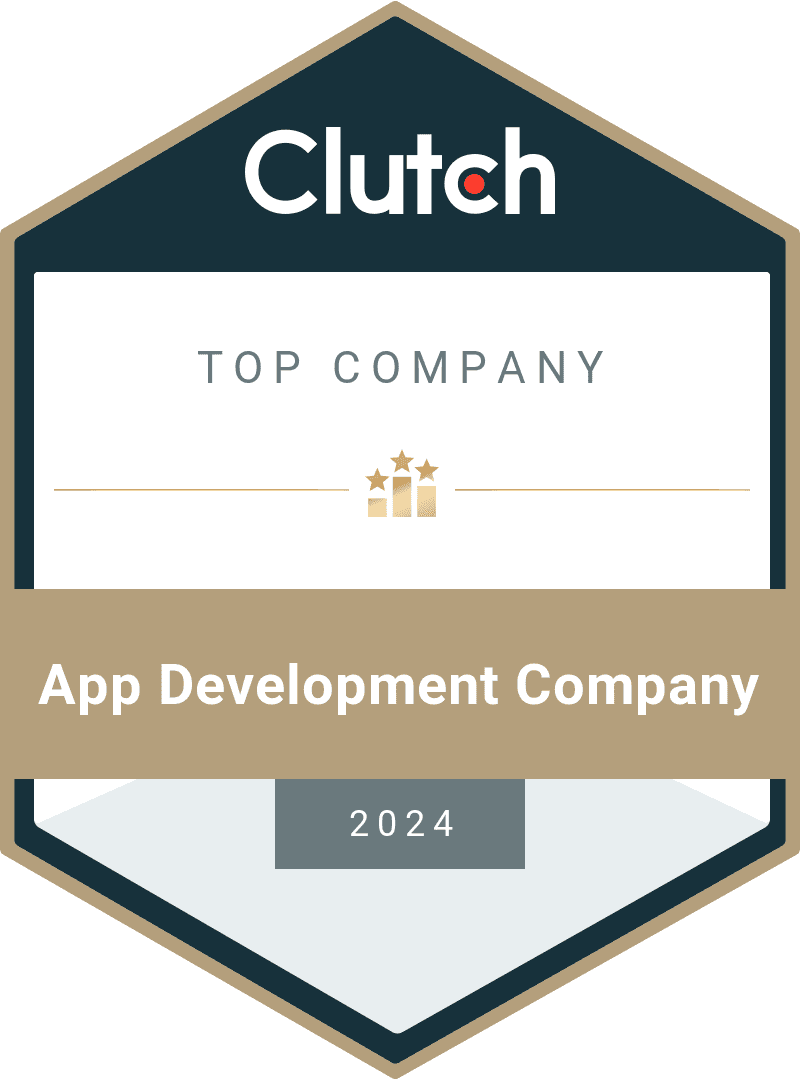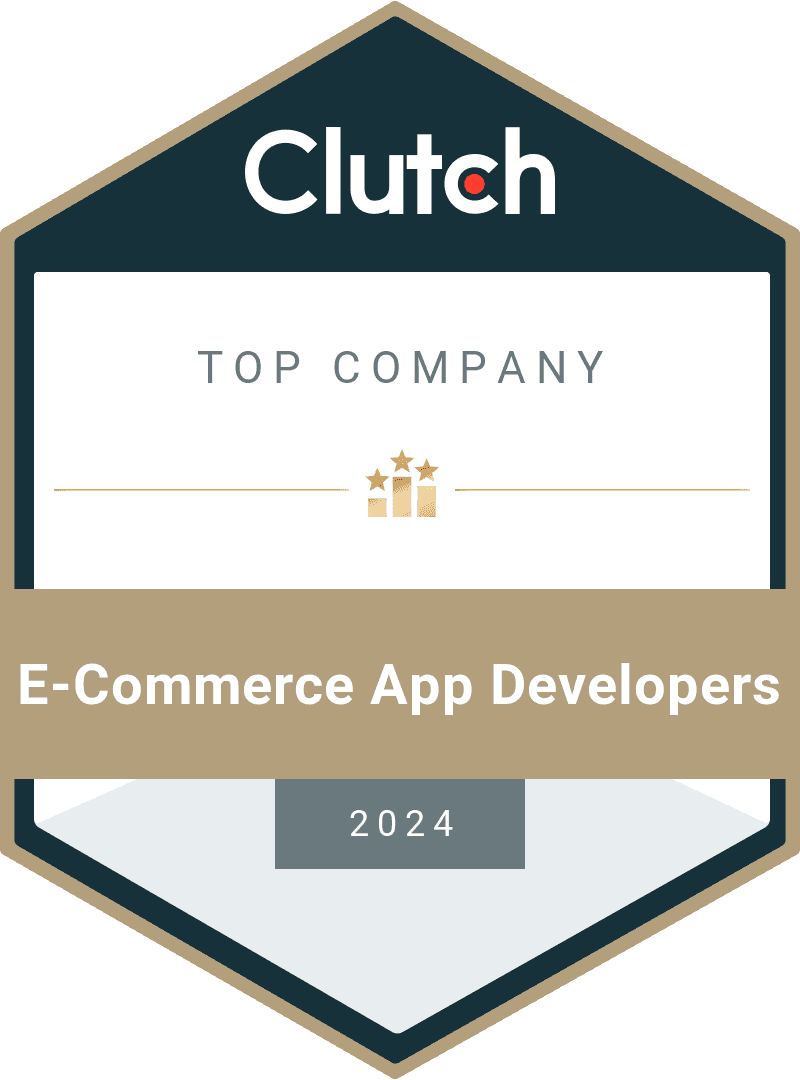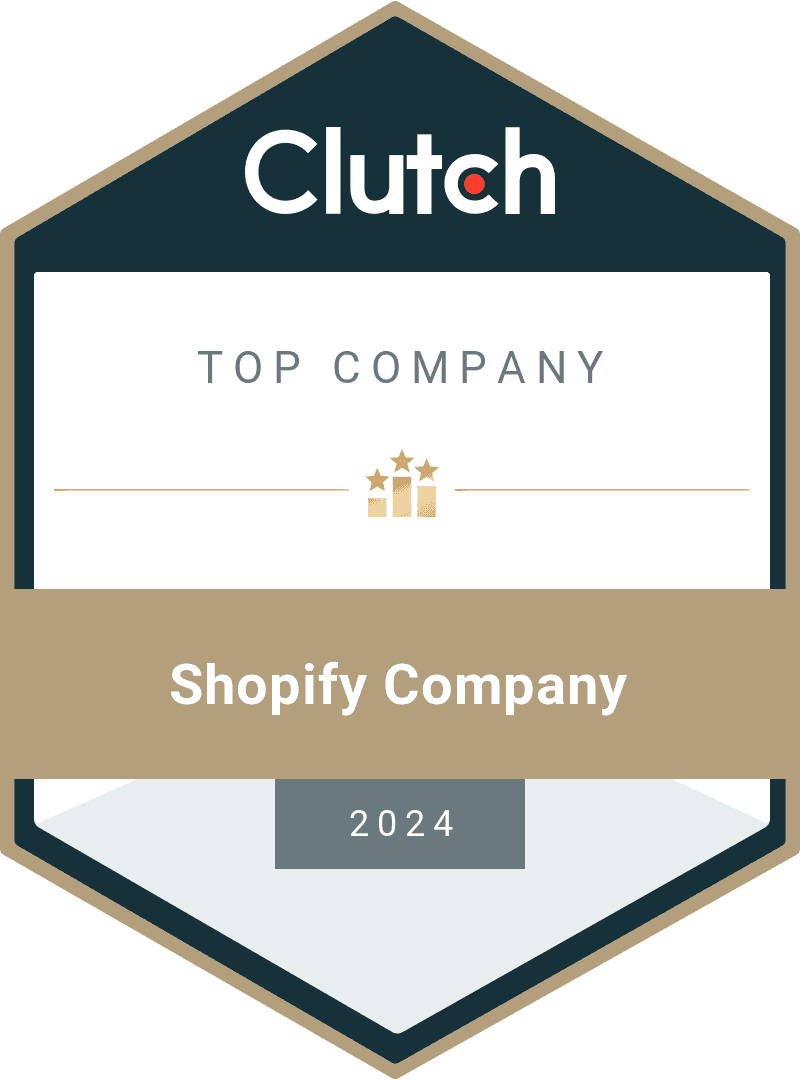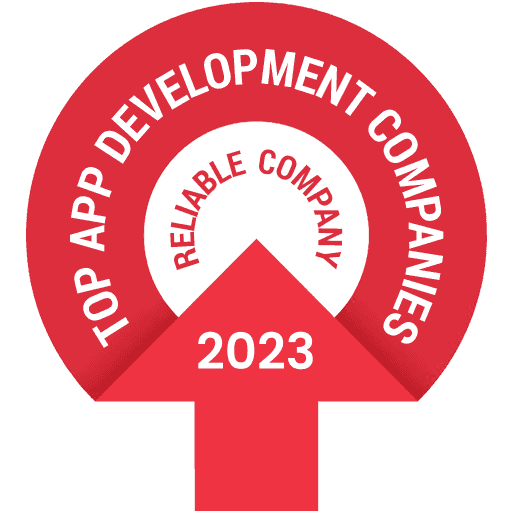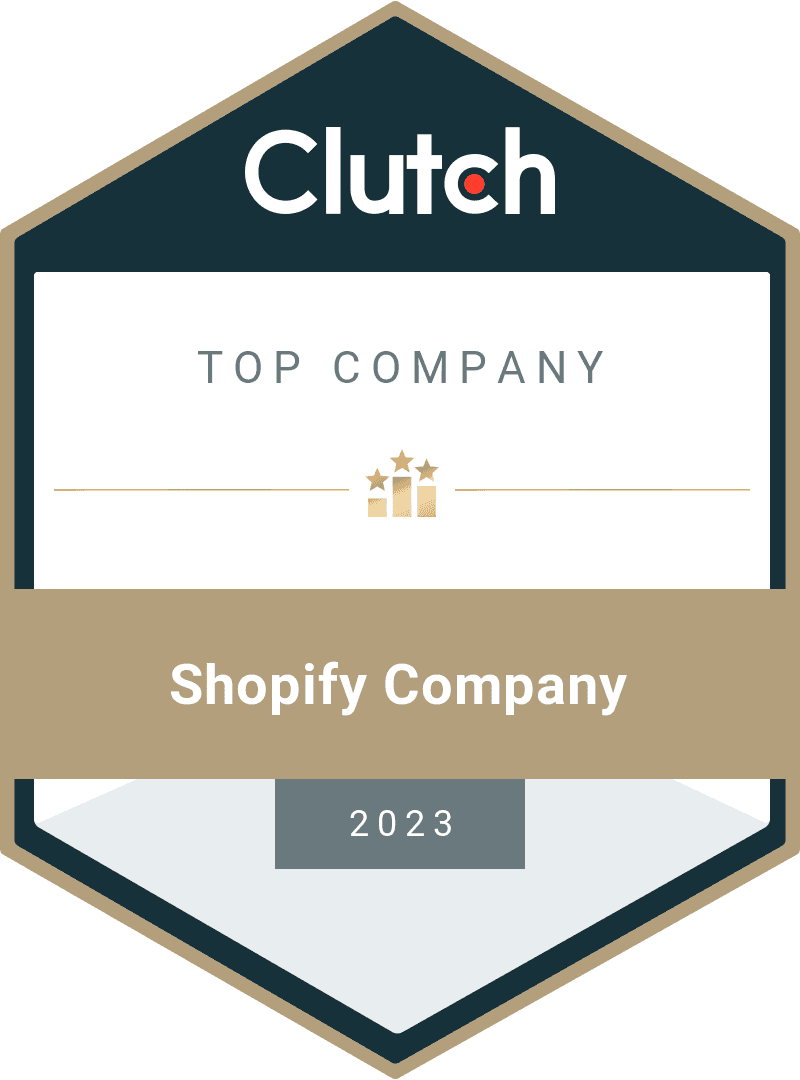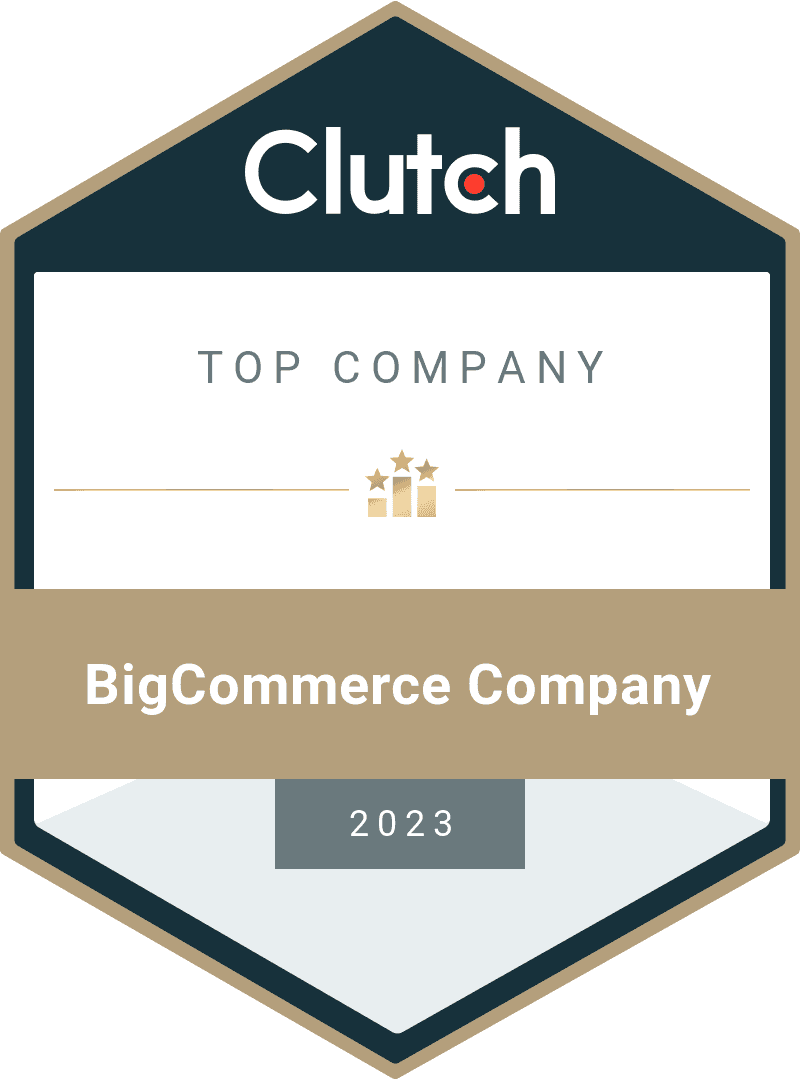In today's world of online marketing, two important tools are email marketing and customer relationship management (CRM) systems. These tools help businesses connect with customers, keep them engaged, and build strong relationships. But when these tools work together, their impact becomes even more powerful.
This article explores how combining email marketing with custom CRM systems is changing the way businesses reach out to customers.
We'll start by looking back at how these tools used to work separately and how they've become more integrated over time. Then, we'll see how this integration is helping businesses today and what we can expect in the future.
By understanding these changes, businesses can stay ahead in the fast-paced world of digital marketing. So, let's dive in and explore the exciting journey of email marketing CRM integration!
Historical Overview of CRM Integrations
In the past, email marketing and CRM systems operated independently. Email marketing involved sending mass emails to a list of contacts, while custom CRM systems focused on managing customer information and interactions. This separation created challenges for marketers, as they had to juggle multiple tools and data sources to run effective campaigns.
Without integration, businesses struggled to track customer interactions across different platforms, leading to fragmented data and missed opportunities. Marketers found it difficult to personalize their email campaigns or tailor their messaging based on customer behavior.
However, as technology advanced and the importance of personalized marketing became evident, the need for integration became clear. Companies began to recognize the benefits of combining email marketing with custom CRM systems to streamline processes and deliver more targeted campaigns.
Over time, we've seen a gradual shift towards tighter integration between these two systems. Modern CRM platforms now offer built-in email marketing capabilities, allowing businesses to create, send, and track emails directly within the CRM interface. This integration provides a unified view of customer data and interactions, enabling marketers to segment their audience more effectively and deliver highly personalized content.
Today, email marketing CRM integration is considered essential for businesses looking to optimize their marketing efforts and enhance customer relationships. It has become a cornerstone of modern marketing strategies, empowering businesses to engage with their audience in a more meaningful and impactful way.
As we look to the future, the trend towards deeper integration is expected to continue, driven by advancements in technology and the growing demand for personalized experiences. By embracing tools, like email marketing CRM for real estate agents, businesses can stay competitive in an increasingly crowded digital landscape and build lasting connections with their customers.

Current Landscape in CRM Integration
Today, CRM email marketing integration has become a standard practice for businesses of all sizes. The landscape is characterized by a wide range of CRM platforms and email marketing tools offering varying degrees of integration.
Many popular CRM platforms, such as Salesforce, HubSpot, and Zoho CRM, offer native email marketing features or seamless integration with third-party email marketing tools. These integrations enable businesses to sync customer data, track email interactions, and automate campaign workflows directly within their CRM environment.
Similarly, email marketing platforms like Mailchimp, Constant Contact, and Campaign Monitor provide integrations with custom CRM systems, allowing marketers to sync contact lists, segment audiences, and personalize email content based on CRM data.
The benefits of email marketing CRM integration are significant. Marketers gain a unified view of customer interactions, enabling them to create more targeted and personalized campaigns. By leveraging CRM data, such as purchase history, browsing behavior, and demographic information, marketers can deliver relevant content that resonates with their audience.
Integration also streamlines workflow processes, reducing manual tasks and improving efficiency. For example, marketers can automatically trigger email campaigns based on specific customer actions or milestones captured in the CRM system.
Moreover, integration enhances reporting and analytics capabilities, providing insights into the effectiveness of email campaigns and their impact on customer engagement and conversion rates. Marketers can track metrics such as open rates, click-through rates, and revenue generated from email campaigns, helping them refine their strategies and optimize performance over time.
Challenges Faced in CRM Integration
Despite the significant benefits of email marketing CRM integration, businesses still encounter several challenges in implementing and maintaining seamless integration between these systems.
Some of the key challenges include:
- Data Silos: One of the most common challenges is the presence of data silos, where customer information is scattered across different systems and departments. This fragmentation makes it difficult to obtain a complete view of the customer journey and hinders effective segmentation and targeting.
- Compatibility Issues: Integrating diverse CRM and email marketing platforms can sometimes be challenging due to compatibility issues. Different systems may use different data formats or APIs, making it complex to establish a smooth flow of data between them.
- Limited Automation: While CRM integration allows for automation of certain processes, such as email campaigns triggered by specific customer actions, some tasks may still require manual intervention. This can lead to inefficiencies and delays in campaign execution.
- Data Quality and Consistency: Maintaining data quality and consistency across integrated systems is crucial for accurate reporting and analysis. However, inconsistencies in data entry, duplicates, and outdated information can undermine the integrity of CRM data and compromise the effectiveness of email marketing campaigns.
- Security and Compliance: CRM integration and email marketing systems involves sharing sensitive customer data, raising concerns about data security and privacy. Businesses must ensure that proper security measures are in place to protect customer information and comply with data protection regulations such as GDPR and CCPA.
- Cost and Resource Constraints: Implementing and maintaining robust integration between CRM and email marketing systems requires investment in technology, resources, and expertise. Small and medium-sized businesses with limited budgets and IT capabilities may struggle to afford or manage complex integration solutions.
Addressing these challenges requires a strategic approach and ongoing commitment from businesses. By investing in data management processes, leveraging automation technologies, and prioritizing data security and compliance, businesses can overcome barriers to integration and unlock the full potential of email marketing CRM integration.
Future Trends of Email Marketing CRM Integration
Looking ahead, several exciting trends are shaping the future of email marketing CRM integration:
- AI-Powered Automation: Artificial intelligence (AI) and machine learning (ML) technologies are revolutionizing email marketing CRM integration. Advanced algorithms can analyze vast amounts of customer data to automate campaign personalization, predictive analytics, and customer segmentation, resulting in more targeted and relevant communication.
- Hyper-Personalization: As customer expectations for personalized experiences continue to rise, hyper-personalization is becoming the new standard in email marketing. Integration with custom CRM systems allows marketers to leverage granular customer data to tailor content, timing, and messaging on an individual level, driving engagement and conversion rates.
- Real-Time Data Syncing: Traditional batch processing methods are giving way to real-time data syncing between CRM and email marketing platforms. This enables marketers to access the most up-to-date customer information and respond promptly to changes in customer behavior, ensuring timely and relevant communication.
- Cross-Channel Integration: Email marketing CRM integration is expanding beyond email to encompass other digital channels such as social media, SMS, and mobile apps. Marketers can create cohesive cross-channel campaigns that deliver consistent messaging and experiences across multiple touchpoints, enhancing brand visibility and customer engagement.
- Voice and Conversational Marketing: The rise of voice-activated devices and conversational interfaces presents new opportunities for email marketing CRM integration. By integrating voice data with CRM systems, marketers can personalize email content based on voice interactions, preferences, and intent, driving more meaningful conversations with customers.
- Blockchain for Data Security: Blockchain technology holds promise for enhancing data security and transparency in CRM email marketing integration. By leveraging blockchain-based solutions, businesses can ensure the integrity and immutability of customer data, mitigating the risk of data breaches and enhancing trust among customers.
- Augmented Reality (AR) Experiences: CRM Integration with AR technology enables marketers to create immersive and interactive email experiences that captivate audiences and drive engagement. By incorporating AR elements into email campaigns, businesses can showcase products, offer virtual try-on experiences, and provide personalized shopping recommendations, enhancing the overall customer experience.
By embracing these trends, businesses can stay ahead of the curve and unlock new opportunities for innovation and growth in email marketing CRM integration. As technology continues to evolve, the possibilities for enhancing customer engagement and driving marketing success are limitless.

Personalization and Targeting
In the realm of email marketing CRM integration, personalization and targeted messaging are taking center stage as crucial elements for driving engagement and conversion rates.
Here's how:
- Granular Customer Insights: Integration allows businesses to merge customer data from custom CRM systems with email marketing platforms, providing a comprehensive view of each individual's preferences, behaviors, and purchase history. This rich dataset empowers marketers to craft highly personalized email campaigns tailored to the unique needs and interests of each recipient.
- Dynamic Content: With integrated systems, marketers can dynamically adjust email content based on real-time CRM data. Whether it's showcasing products based on past purchases, recommending relevant content based on browsing behavior, or acknowledging milestones in the customer journey, dynamic content ensures that emails resonate with recipients on a personal level.
- Segmentation and Audience Targeting: Integration facilitates robust segmentation capabilities by leveraging CRM data to create targeted audience segments. Marketers can segment their email lists based on demographic information, engagement history, purchase behavior, and more, allowing for more precise targeting and tailored messaging.
- Behavioral Triggers: Integrated systems enable the implementation of behavioral triggers, allowing marketers to automate email campaigns based on specific actions or events captured in the custom CRM solution. Whether it's sending a follow-up email after a website visit, triggering a special offer based on abandoned cart activity, or sending personalized recommendations based on recent purchases, behavioral triggers ensure timely and relevant communication with customers.
- Lifecycle Marketing: Integration supports lifecycle marketing strategies by mapping out the customer journey and delivering targeted email content at each stage of the lifecycle. From welcome emails for new subscribers to re-engagement campaigns for lapsed customers, integrated systems enable marketers to nurture relationships and drive conversions throughout the customer lifecycle.
- Predictive Analytics: Leveraging AI and predictive analytics capabilities, integrated systems can anticipate customer preferences and behaviors, allowing marketers to proactively tailor email content and offers. By analyzing historical data and identifying patterns, predictive analytics empower marketers to deliver highly relevant and timely messages that resonate with recipients, ultimately driving engagement and conversions.
Automation and Workflow
Email marketing CRM integration has revolutionized the way marketers automate workflows, streamlining processes, and improving efficiency. Here's how automation is shaping the landscape:
- Automated Email Campaigns: Integration enables marketers to set up automated email campaigns triggered by specific events or actions captured in the CRM system. Whether it's sending a welcome email to new subscribers, birthday greetings to customers, or re-engagement emails to inactive contacts, automation ensures timely and relevant communication without manual intervention.
- Lead Nurturing Workflows: Integrated systems allow for the creation of sophisticated lead nurturing workflows that guide prospects through the buyer's journey. By segmenting leads based on CRM data and automating email sequences tailored to their interests and behaviors, marketers can nurture relationships at scale and move leads closer to conversion.
- Drip Campaigns and Sequences: Integration supports the implementation of drip campaigns and email sequences, delivering a series of targeted messages over time to engage and educate prospects or customers. Marketers can create personalized drip campaigns based on CRM data, ensuring that each email in the sequence aligns with the recipient's preferences and stage in the customer journey.
- Event-Based Triggers: Integrated systems enable marketers to trigger email campaigns based on specific events or milestones in the customer lifecycle. Whether it's a purchase confirmation email, a reminder for an upcoming appointment, or a follow-up survey after a customer service interaction, event-based triggers ensure timely and relevant communication that enhances the overall customer experience.
- Workflow Automation: Integration facilitates workflow automation beyond email marketing, allowing marketers to streamline processes across multiple channels and touchpoints. By connecting CRM data with other marketing automation tools and platforms, businesses can orchestrate seamless omnichannel experiences that deliver consistent messaging and drive engagement throughout the customer journey.
- Performance Tracking and Optimization: Integrated systems provide valuable insights into the performance of automated campaigns, allowing marketers to track key metrics such as open rates, click-through rates, and conversion rates. By analyzing campaign performance data collected from the CRM system, marketers can identify areas for improvement and optimize workflows to maximize results over time.

Data Management and Privacy
Effective data management and ensuring privacy are critical aspects of email marketing CRM integration. Here's how businesses address these concerns:
- Unified Data Repository: Integration allows businesses to centralize customer data within the CRM system, creating a single source of truth for all customer interactions and preferences. By consolidating data from various touchpoints, businesses can ensure consistency, accuracy, and completeness of customer information.
- Data Cleansing and Enrichment: Integrated systems facilitate data cleansing and enrichment processes, helping businesses maintain data quality and accuracy. Marketers can identify and rectify data inconsistencies, remove duplicates, and enrich CRM data with additional insights from external sources to enhance targeting and personalization efforts.
- Permission-Based Marketing: Integration enables businesses to adhere to permission-based marketing practices by leveraging CRM data to manage subscriber preferences and consent. Marketers can segment email lists based on opt-in status, preferences, and consent preferences, ensuring compliance with regulations such as GDPR and CAN-SPAM.
- Data Security Measures: Integration platforms implement robust data security measures to protect sensitive customer information stored within the CRM system. This includes encryption protocols, access controls, and regular security audits to safeguard data from unauthorized access, breaches, or cyber threats.
- Compliance with Regulations: Integrated systems support compliance with data protection regulations such as GDPR, CCPA, and CASL by providing features for managing consent, honoring opt-out requests, and maintaining audit trails of data usage. Marketers can configure workflows and processes within the CRM system to ensure compliance with regulatory requirements and avoid potential penalties or fines.
- Transparent Data Practices: Integration fosters transparency in data practices by providing visibility into how customer data is collected, stored, and used for marketing purposes. Marketers can communicate openly with customers about data privacy policies, opt-in preferences, and the benefits of sharing data, building trust and confidence in the brand.
What is Email Marketing CRM Integration?
Email marketing CRM integration is like a superpower for businesses wanting to connect better with their customers. Throughout this article, we've seen how it has evolved, where it stands now, and what lies ahead.
From the past when systems worked separately to today's seamless integration, businesses have come a long way. By combining customer data, behavior insights, and campaign management, they can now send personalized and targeted emails that really speak to people.
Despite some challenges like data messiness and privacy concerns, businesses are embracing integration because it's a game-changer. It helps them automate tasks, target the right audience, and predict what customers want next.
Looking to the future, things are only getting better. We'll see even more personalized emails, smarter automation, and integration with other channels like social media and chatbots.
Ultimately, email marketing CRM integration isn't just about connecting systems; it's about building stronger relationships with customers. By using integration wisely, businesses can stand out and succeed in the fast-paced world of digital marketing.
Relevant Articles























